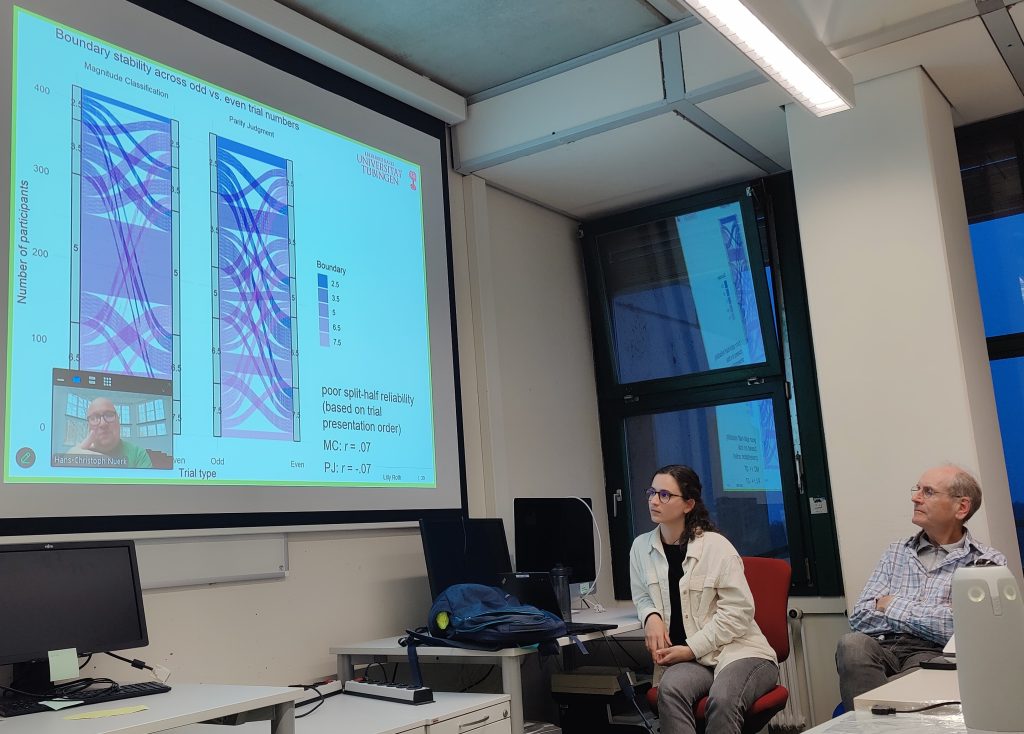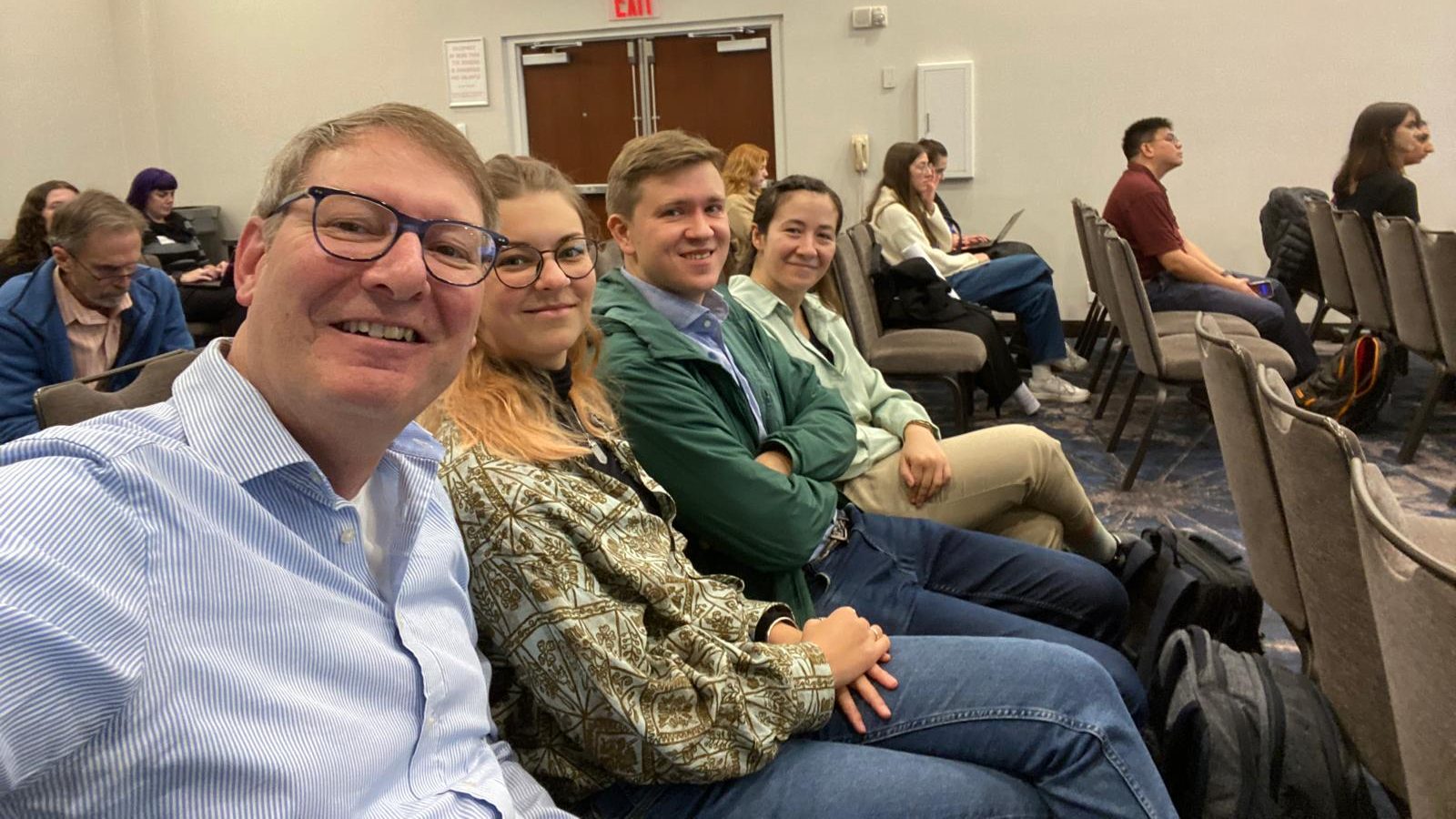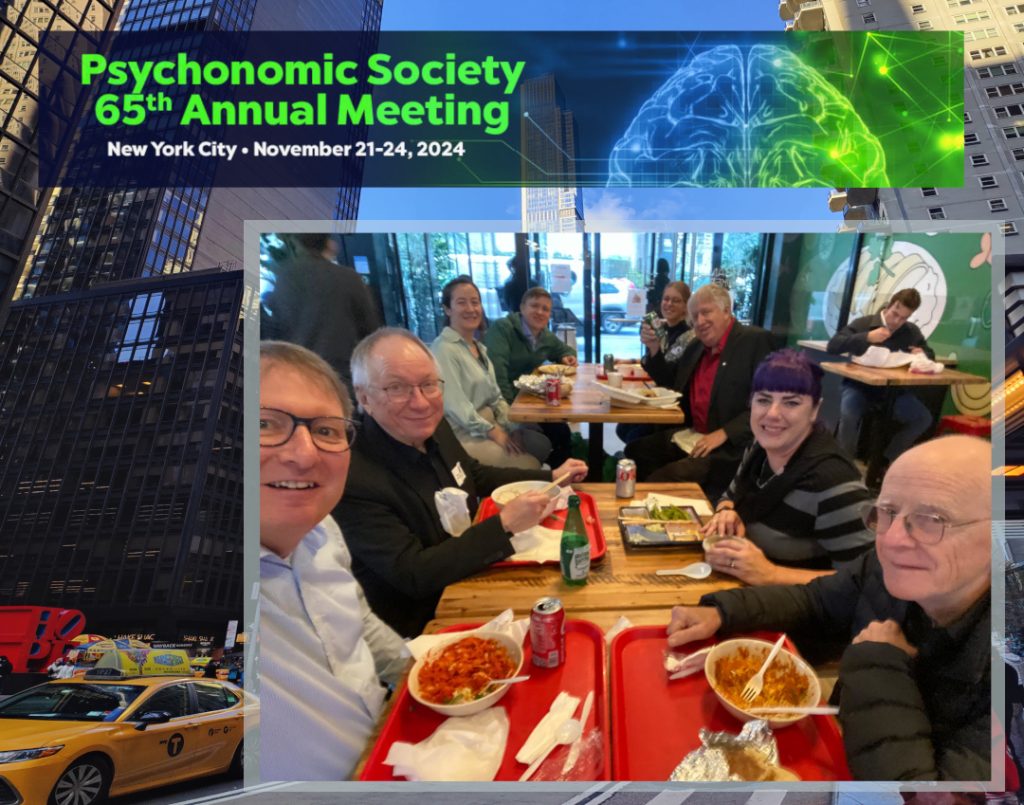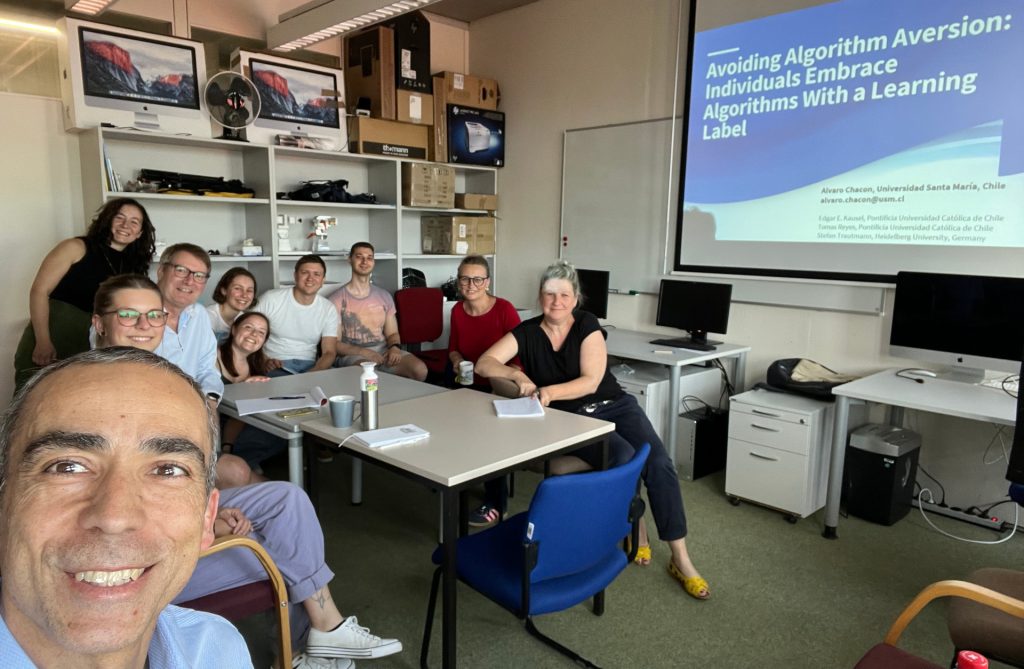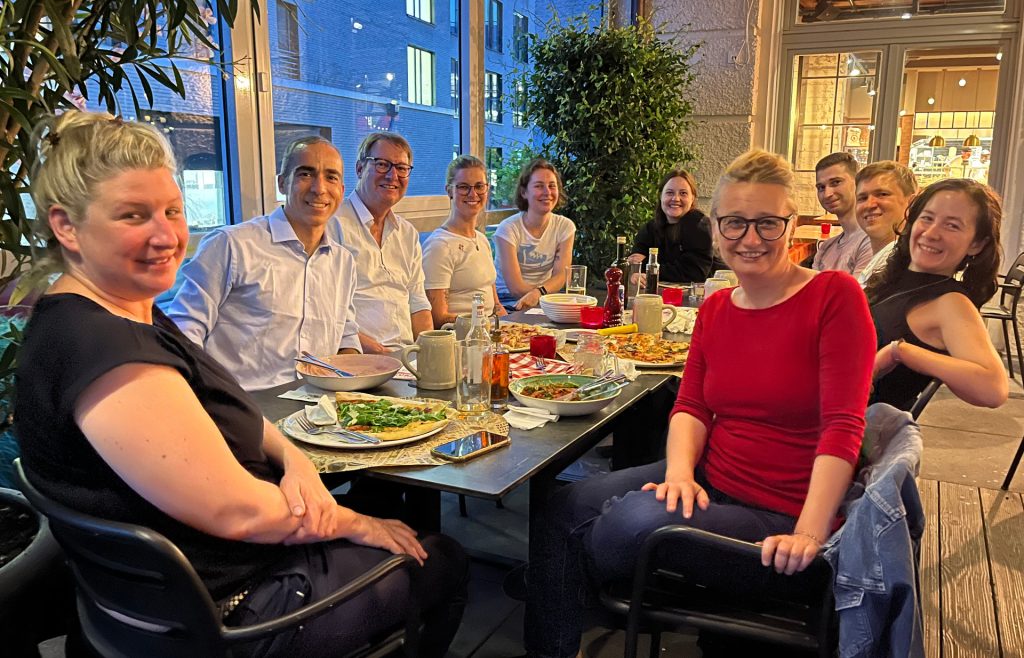6th Summer School on Internet-based Data Collection and Analysis
iScience research group at the Department of Psychology, University of Konstanz, invites you to take part in our 6th Summer School on Internet-based Data Collection and Analysis October 13-17, 2025 @ University of Konstanz. Please apply here.
Instructors (bios see below): Michael Birnbaum * Mario Callegaro * Ulf-Dietrich Reips * Yury Shevchenko
Topics:
- needs to be updated
- Basic and advanced concepts of Internet-based research
- Experimental design
- Methods and best practices
- Online tools & standards
- Visualization
- Apps for research
- Theory and model testing
- Analysis of Internet data
- Avoiding frequently made errors
- Practical applications
- Social Media
- Big Data
- iScience
- Mobile experience sampling
- Open science
- Web surveys
- Online panels
- Questionnaire pretesting
- Data quality
- History of online experiments and online survey data collection
The programme for the previous 5th Summer School in 2023 is available here. In case of any questions, please contact us at iscience.summerschool@uni-konstanz.de
Summer School begins with registration on Monday, 13th of October, from 11:00.
Please join our Facebook group for updates.
Cost: needs to be updated 90.- Euro (Early bird), 100.- from August 1, includes lunches and catering during the summer school (partial fee waiver for UNIKN Psychology students available)
3 ECTS for those who participate in and pass the optional exam
Social Programme in and around Lake Constance.
Apply until August 15 (for Early bird fee before August 1) by filling this form.
Payment of the registration fee (90.-/100.- Euro) needs to simultaneously go to:
Recipient: Universitaetskasse Konstanz
Bank: BW-Bank Konstanz (Landesbank Baden-Württemberg)
IBAN: needs to be updated
BIC: needs to be updated
Purpose (very important to include in bank transfer!): needs to be updated
Instructors:
Michael Birnbaum received his PhD from UCLA in 1972. He taught at University of Illinois, Urbana- Champaign from 1974-1986, where he was head of the Division of Quantitative and Industrial/Organizational Psychology and promoted to Full Professor in 1982. He came to California State University, Fullerton (CSUF) in 1986 on leave from University of Illinois and made the position at CSUF permanent in 1988. He is founder and served as director or co-director of the Decision Research Center at CSUF for more than 30 years. He was named Outstanding Professor for CSUF in 1991-92 and won the L. Donald Shields Excellence in Scholarship and Creativity Award in 2014. He has published more than 140 scientific articles and three books. He held grants from the National Science Foundation and the American Psychological Association to organize and provide advanced training institutes in Web-based research. He served as president of the Society for Mathematical Psychology, 2002-2003, president of the Society for Judgment and Decision Making, 2008-2009, and president of the Society for Computers in Psychology, 2009-2010.
Mario Callegaro is an independent consultant with over 35 years of experience on survey research methods. Mario worked for 15 years at Google as survey research scientist in the marketing organization first, and then as user experience researchers in the Cloud organization. Mario has a Master and Ph.D in Survey Research and Methodology from the University of Nebraska, Lincoln. His first job was to work as survey research scientist for the probability-based online panel Knowledge Panel (now Ipsos- Knowledge Panel) at their headquarters in Menlo Park, CA. With his manager Charles DiSogra, Mario published two highly cited papers on online panels: Computing response metrics for online panels (2008), and Metrics and design tools for building and evaluating probability-based online panels (2016). He is also the lead editor of the volume: Online panel research: A data quality perspective published by Wiley in 2014. Mario published Web Survey Methodology with Sage in 2015, a handbook on online surveys also available as open access. Mario has published 27 book chapters, 46 journal articles, and over 60 conference presentations all available at callegaroresearch.com.
Ulf-Dietrich Reips is a Full Professor at the University of Konstanz. He received his PhD in 1996 from the University of Tübingen. His research focuses on Internet-based research methodologies, the psychology of the Internet, measurement, experimental psychology, cognition of causality, personality, privacy, Social Media, mobile experience sampling, and Big Data methods. In 1994, he founded the Web Experimental Psychology Lab, the first laboratory for conducting real experiments on the World Wide Web. Ulf was a founder of the German Society for Online Research, was elected the first non-North American president of the Society for Computers in Psychology and he is the founding editor of the free open access journal International Journal of Internet Science. He has published more than 185 scientific articles and six books, see ResearchGate and https://www.uni-konstanz.de/iscience/reips/pubs/publications.html. Ulf and his team (https://iscience.uni-konstanz.de/) develop and provide free Web tools for researchers, teachers, students, and the public. They received numerous awards for their Web applications (available from the iScience Server at (https://www.iscience.eu/) and methodological work serving the research community.
Yury Shevchenko is a post-doc in the iScience group at the University of Konstanz. He graduated from Lomonosov Moscow State University with a Diploma in Psychology. After a research internship in Basel, Switzerland, he did his PhD at the Chair of Experimental Psychology at the University of Mannheim, Germany, and also worked as a research associate at the Central Institute of Mental Health in Mannheim. His interests lie in the intersection of psychology and computer science with a focus on methods and programming. He has developed Open Lab, a web platform for conducting online experiments, and Samply, a mobile application and a web platform for experience-sampling studies.
